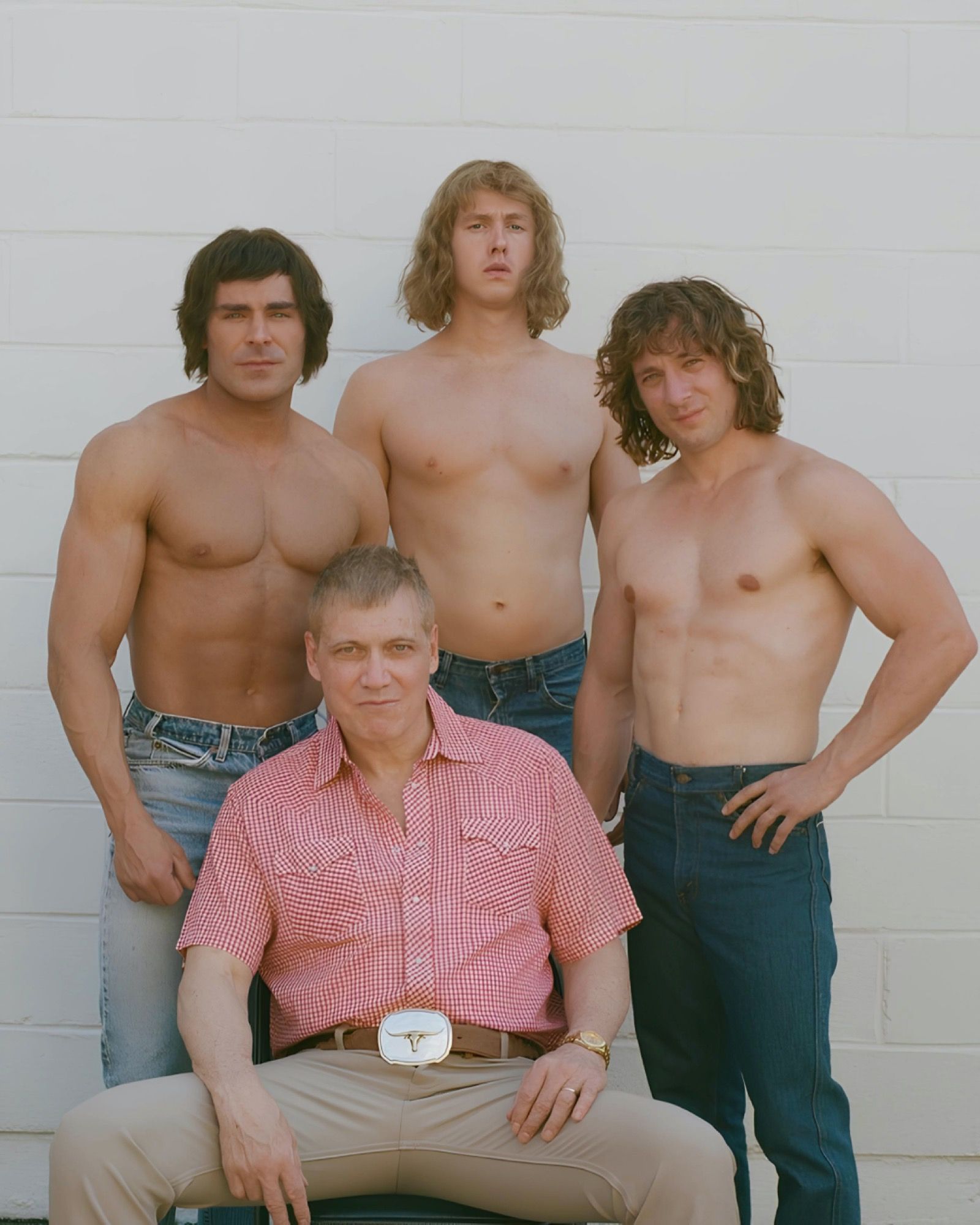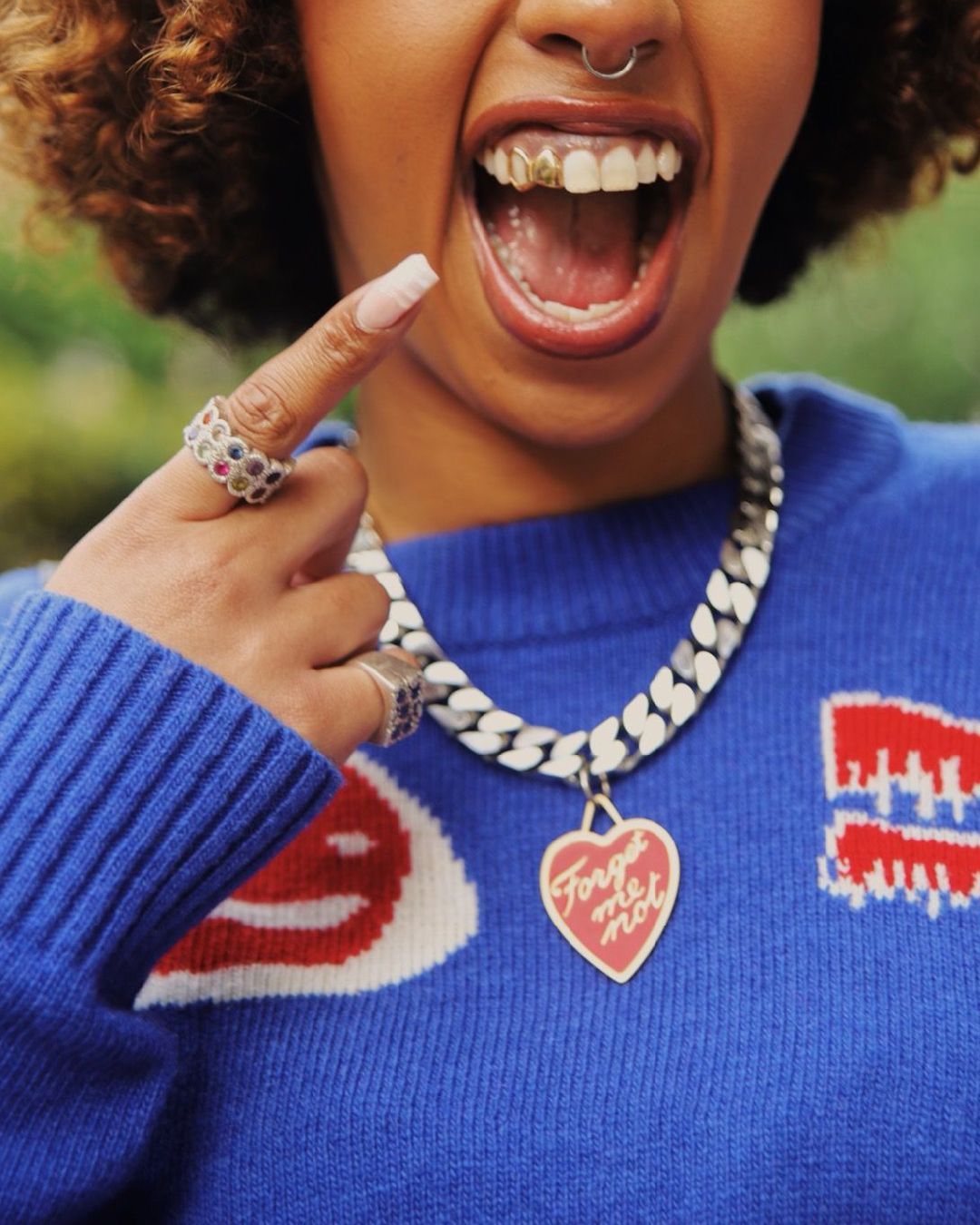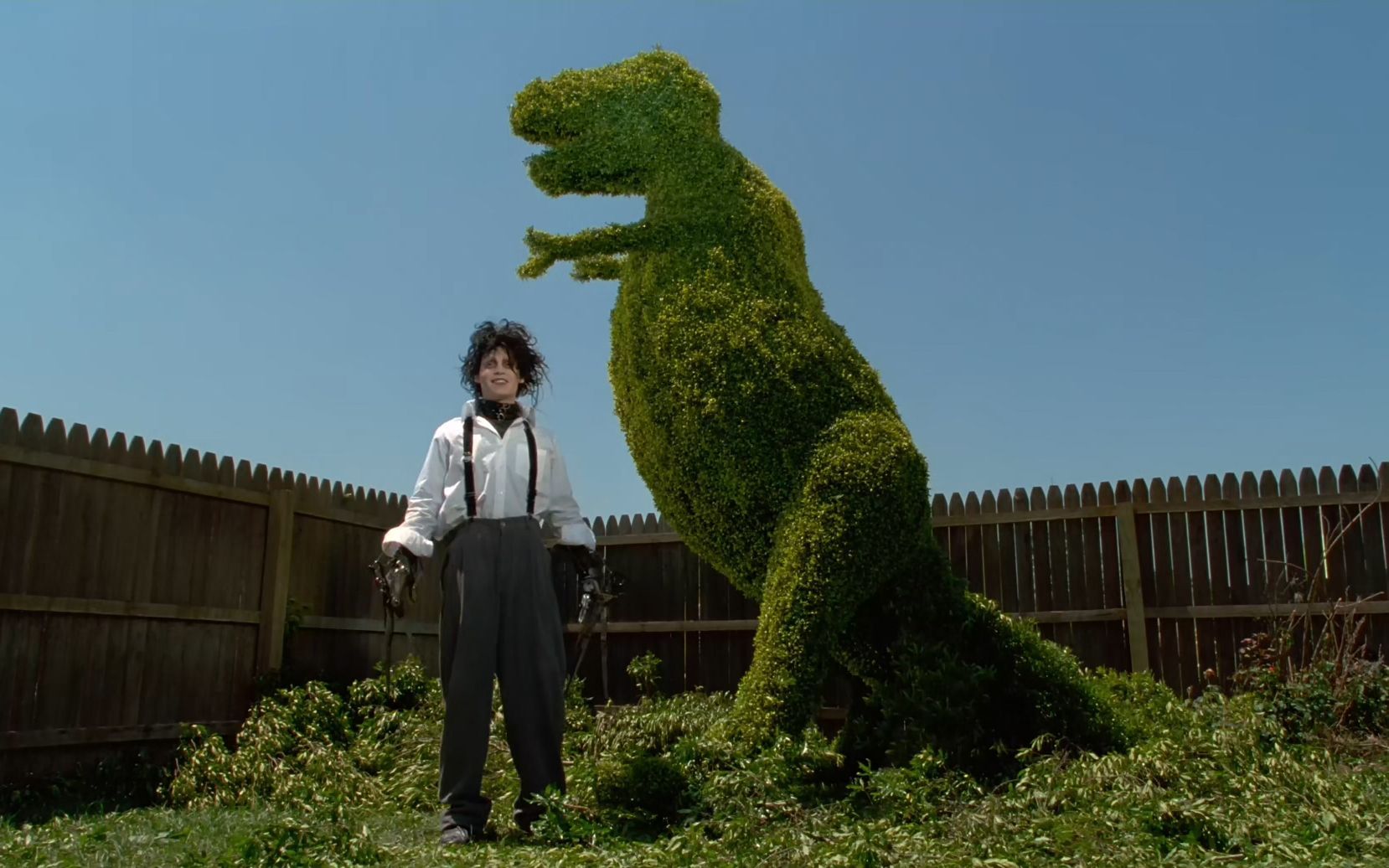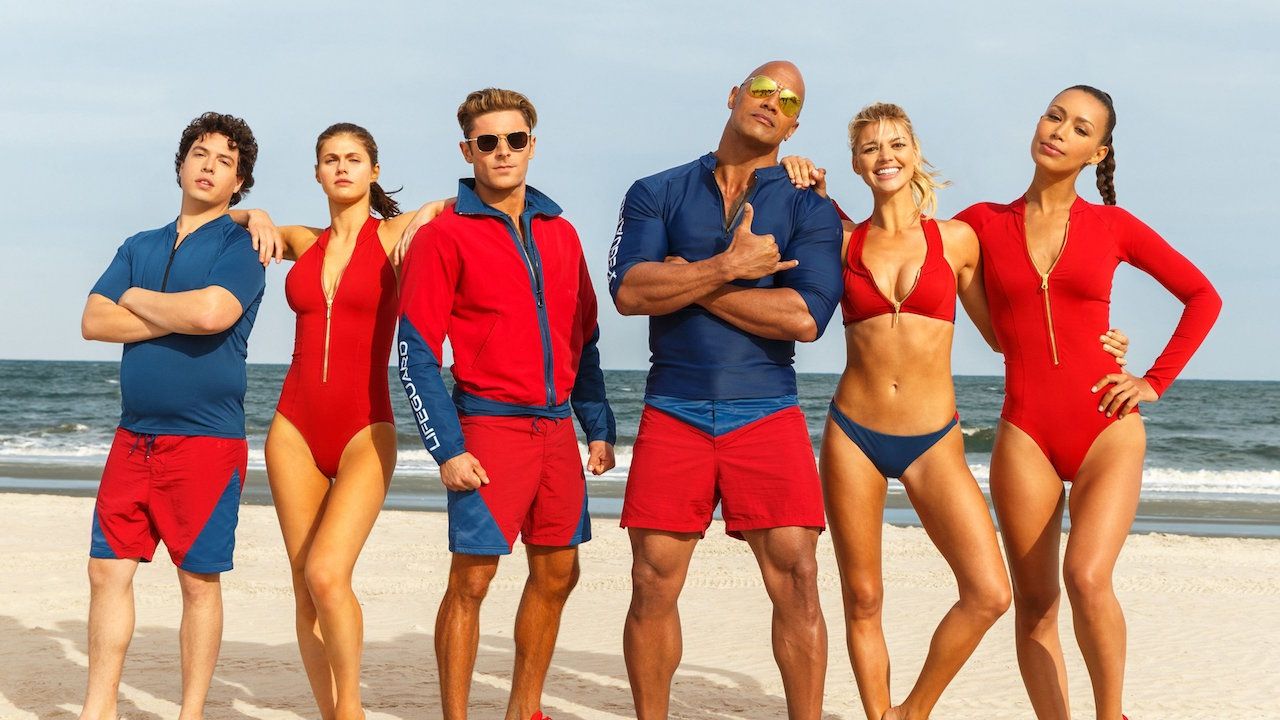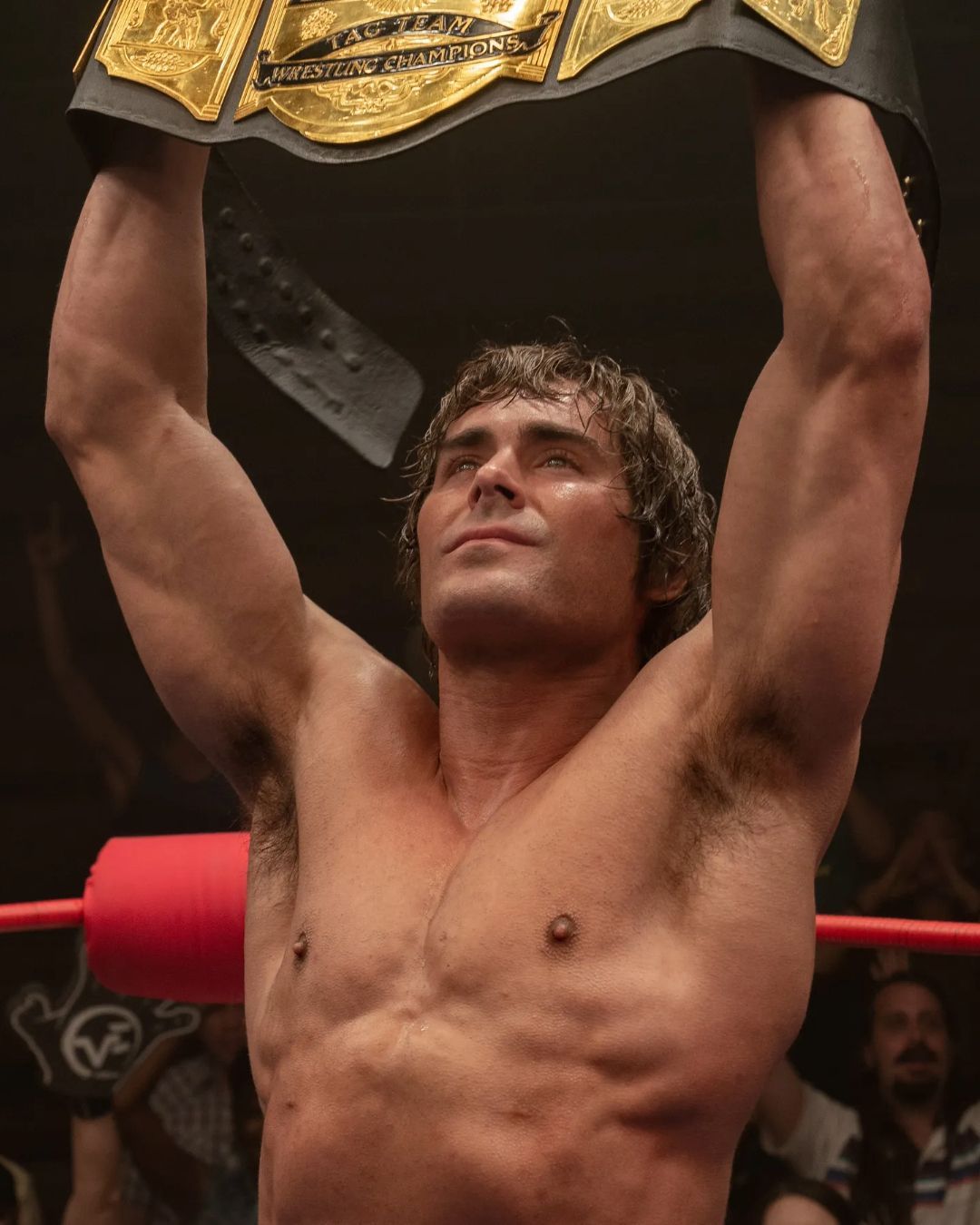
The Iron Claw, Wrestling, and America Why the New Movie with Zac Efron Is a Document of an Era Ignored Until Now
«How old were you when you discovered that...» is one of the longest-lasting and widespread social trends of recent years. It applies to anything, from the tab on a Coca Cola can to hidden Easter eggs in the most famous TV series. «And how old were you when you found out that wrestling is fake?». The answer from each person could vary greatly, depending on their age, the wrestling era they experienced, and their geographical location. In Europe (and the rest of the world, excluding Japan and Mexico), there is an imported wrestling culture influenced by television and the impact of that Federation which was originally called WCF, then WWF, and finally WWE. Hulk Hogan, The Rock, John Cena—names that everyone has heard at some point, if not for their films or famous cameos. However, in the United States, everything is substantially different. Wrestling, or rather what is called "professional wrestling," is incredibly relevant, especially in the more rural areas of the country. It's a form of entertainment for everyone, not just for kids trying to replicate the moves of their heroes (which led WWE to the famous prevention campaign «Don't try this at home»). Wrestling is at fairs, in schools, in squares, in gyms—literally everywhere. A few months ago, Netflix released Wrestlers, a beautiful documentary about Ohio Valley Wrestling (one of the many American minor leagues that produced celebrities like John Cena and Brock Lesnar). It clearly illustrates what kind of entertainment wrestling is for Americans: something similar to the circus, a world populated by seniors and entire generations fascinated by it despite its staged nature.
@a24 This is how they test you #TheIronClaw #ZacEfron original sound - A24
The difference is all here: what we call "fake" is actually a "script," and this is because wrestling is classified as sport entertainment rather than a sport per se. Today, all of this is taken for granted, and bookers (the people who make decisions behind the scenes and write the scripts) participate in podcasts and TV shows. But in the '80s, it wasn't exactly like that: wrestling still lived in a suspension of disbelief, which is why journalist John Stossel's investigation into the realism of wrestling caused a huge uproar involving David Schultz (of Foxcatcher) and a million-dollar payout from Vince McMahon, owner of WWE. However, wrestling existed long before this, and it was already enormously popular before the advent of Vince McMahon and WWE. A significant part of that popularity was due to the exploits of the Von Erich family, one of the greatest wrestling families in history (others include the Heart Family, the Rhodes family, and so on). The film The Iron Claw, produced by A24, promises to go down in history as the greatest wrestling film ever (despite The Wrestler, with Mickey Rourke). It's inspired by a true story, focusing on the Von Erich family, which includes three generations of wrestlers, starting from patriarch Fritz to the still active Marshall and Ross Von Erich, currently in AEW and ROH. But the heart of the film and narrative is the story of Fritz's sons: six young men who all were part of the wrestling world at various levels and who, above all, were part of what went down in history as the "curse of the Von Erichs.". Without too many spoilers, the film is told from the perspective of Kevin (played by Zac Efron) because he's the only one who can still tell that story.
@a24 Not helping, David #TheIronClaw original sound - A24
The Warrior - The Iron Claw (the Italian title) is a film that portrays an America perhaps familiar to wrestling fans but entirely unknown to those not passionate about the sport. It's an America where the fight in the ring has the same popularity as baseball, where the ring is not just a sports stage with great performers but a way of life. Where the person and the character dangerously intertwine, and where the consequences of that "performance" have more dramatic impacts on real life than one might think. The traumas, steroids, psychological stress of having to be more like a superhero than a human being, and doing it every week in front of thousands of people are hard to comprehend for those who haven't experienced that collective enthusiasm and only know the discipline through films and TV. It's not surprising that the best performers in American wrestling have become extremely popular in Hollywood over the years: Hulk Hogan, John Cena, Dave Bautista, and especially Dwayne Johnson. While Bautista has been part of blockbuster franchises like the Marvel Cinematic Universe and more serious films like Villeneuve's Dune or M. Night Shyamalan's The Knock at the Door, Dwayne "The Rock" Johnson - besides being a TikTok meme - has been the highest-paid actor in Hollywood for years, a bright-smiled reincarnation of Kevin Costner. There are also examples of wrestlers who transitioned from Olympic gold in Greco-Roman wrestling to professional wrestling like Kurt Angle, or wrestlers who unsuccessfully attempted to navigate MMA like CM Punk or Brock Lesnar. Moreover, WWE recently merged with WWE to create TKO, a holding company that combines the two most successful wrestling leagues in the world. A massive media circle, a billion-dollar business that extends beyond sports, as seen in Shaquille O’Neal's appearance years ago and even in music, with Snoop Dogg hosting Wrestlemania and Bad Bunny participating in various real matches—up to the world of social media, with Logan Paul recently becoming the United States champion, giving WWE visibility in a highly appealing segment of its merchandise. But if it's not easy to follow everything WWE offers (with over 15 shows every month, divided into three different shows plus a premium live event with million-dollar earnings), what would you think if we told you that there are many other federations besides WWE?
@ufcmaniac00 the most feared man on the planet #fyp #ufc #joke #mma #cmpunk #edit original sound - UfcManiac
The WWE monopoly is a relatively recent concept, introduced by tycoon Vince McMahon in the late '80s and today only partially challenged by Tony Khan's AEW, whose father Shadid, an entrepreneur of Pakistani origin, is one of the wealthiest men in the world (a league that includes Maxwell Jason Friedman, who plays the brother Lance in the film). In the years depicted in The Iron Claw, there were a disproportionate number of leagues, led by local promoters, of which even the Von Erich patriarch was a part, contributing to the creation of the wrestling myth in the United States. In this sense, Durkin's film also aims to tell an inherently American story, of that America that the media began to talk about only after the election of Donald Trump, which started to interest the world insofar as it could explain something that was difficult for them to understand. The rise of the Von Erich family also has a lot to say about how America functioned at that time. Starting with the name itself, Von Erich: the family's real name was Adkisson, and Von Erich was nothing more than a character name built with and on Fritz to portray him as a kind of Nazi leader. The character worked so well that Fritz became one of the "heels" (villains, contrasting with the "faces", the good guys) in America, touring all the American regional leagues before founding his own promotion-league in Texas. And that's where his sons became prodigies. As David Shoemaker writes on The Ringer: «People love to call successful wrestlers 'rock stars,' and it's an exaggeration despite being a metaphor. But those guys, they were real rock stars. Even if this underestimates the reality a bit because Texas had no rock stars at the time, only football. And for a few years in the '80s, the Von Erichs were bigger than the Dallas Cowboys. Of course, they were protected, but their refuge was a paradise for physical clashes. That small enclave in Dallas, Texas, could have been the only world they knew, but they had that world in their hands. Or, in other words, they ruled the southwest with The Iron Claw» (ironically, the name of the final move of dad Fritz, later used by all members of the family, which involved squeezing opponents' faces with an open hand). The Iron Claw is a coming-of-age story, of a family, of the United States, but also and perhaps above all, of the human fragility of wrestlers, athletes, and actors for whom it becomes difficult to separate their role in the ring from real life. A difficult balance to find, and one that has over time destroyed the lives not only of the Von Erich family.
@five5grand Eddie Guerrero passed away 18 years ago. He left us with lasting memories that no one can replace. This promo has to arguably be one the best promos WWE has ever seen. The real life passion here is exploding and this promo couldnt have gone any different way. #Then Shield of Faith - Spiritual Warfare Music Epic
In the mid-2000s, in what was undoubtedly the peak of international visibility for wrestling, in the midst of the so-called "Ruthless Aggression Era," WWE was shaken by the two most tragic and "noisy" deaths in its history (only a few years after the wrestler Owen Hart died on stage due to a harness accident). In 2005, Eddie Guerrero, one of the most popular and beloved wrestlers in the world at the time, was found dead at the Minneapolis Marriott City due to a heart attack caused by circumstances that were never clarified: the first news of his death was actually from an overdose, later denied. Just two years later, WWE was shocked by the most absurd story ever: former world champion and active wrestler Chris Benoit, one of the most technically skilled wrestlers in history whose nickname was the "Canadian Crippler," committed suicide after killing his wife and daughter. WWE removed Benoit from all its digital properties, forbidding anyone from even mentioning the wrestler's name on TV. The story didn't end there, of course, because very soon, as in Guerrero's case, discussions began (and Benoit's own father started it) about the effects of steroids and the brain tissue damage caused by wrestling falls, which were found torn like Alzheimer's patients during the autopsy. From that moment on, the world of wrestling had to cope with the attempt to become more "family-friendly," leading to the end of many special match stipulations, the decreasing presence of blood on TV, and the ban on hitting other wrestlers in the head with blunt objects. In short, a cleanup of everything that hardcore wrestling fans liked, which continues to be an integral part of the culture in minor leagues, to sell a product that is increasingly a billion-dollar industry. There is very little left of the world of Iron Claw in modern mainstream wrestling, and it's difficult to say whether this is a good or a bad thing because it's challenging to understand something so far from our way of thinking about sports entertainment. Everyone will have their opinion, and observing week after week, year after year, studying its stories, characters, and how the American audience reacts to them is just one way to study the United States.









































